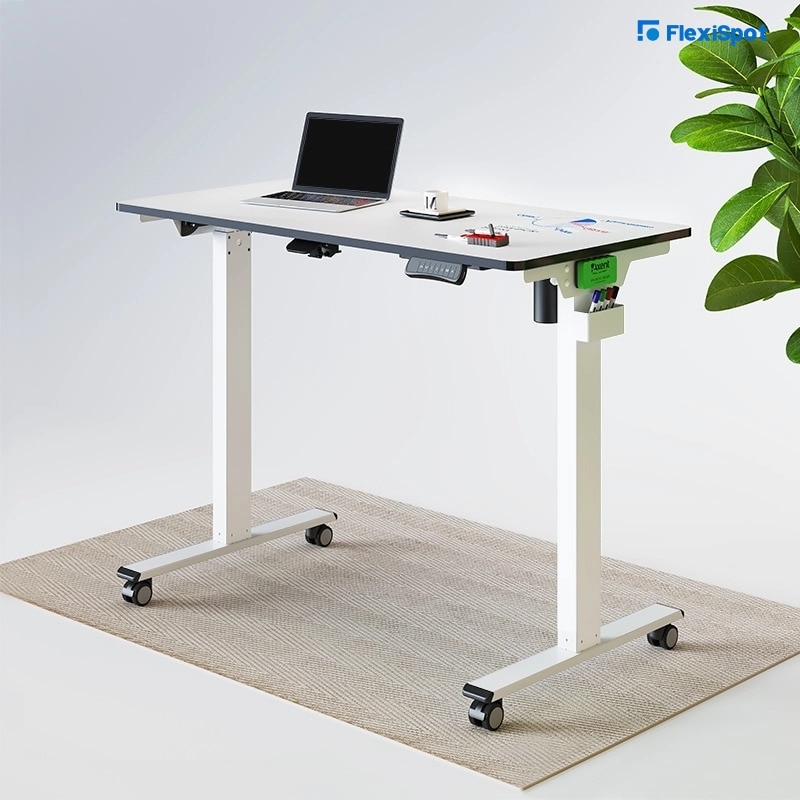Have you ever felt so crippled by future thoughts that you couldn’t fall asleep at night or work at your optimum?
The future is uncertain so people often wonder what it holds, thinking and imagining about future scenarios in their heads. These are often shrouded in fear and worry which is what experts call as anticipatory anxiety. It happens in your head concerning different situations but it primarily centers on uncontrollable or unpredictable things.
It’s normal for these worries to come up but once they affect your daily life, that’s when it becomes anticipatory anxiety.
According to Healthline, it manifests every day from just a passing feeling of nervousness to a feeling of dread. Someone who experiences anticipatory anxiety would have troubles in managing emotions, would feel emotionally numb, would lose interest in hobbies, would be restless and jumpy, and would find it difficult to concentrate. It may also take a toll on one’s physical health like losing appetite, muscles becoming tense, and sleep being affected.
Worst-case scenarios don’t stop entering your head. You focus too much on these negative outcomes that make you feel frustrated and hopeless. You start to lose your appetite or you have trouble sleeping like how you used to.
If you can’t stop it, your present becomes terrible to live. You overanalyze and overgeneralize what is to happen in the future when there are so many possibilities and none of them is certain. Take a deep breath and try these steps to help you cope with anticipatory anxiety.
1. Take things one at a time.
Think about the future in manageable terms. If that is three hours to one day, take it as it is and focus on that. Breathe and focus one day at a time. Psychology Today cited an example featuring Paula who ran a half-marathon. At some point during her run, she felt like wanting to quit. As soon as this feeling of giving up entered her mind, she took the race one minute at a time. She reconsiders if she could continue running after every 60 seconds. It went on like that until she eventually finished the marathon and conquered her anxiety. This example shows us the ability of humans to build tolerance for worries if the future is broken down into what is manageable at the moment.
2. Shift from focusing on something small to something big accordingly.
If you’re overwhelmed with your big goal and find it too scary, focus on the small tasks. If you’re tired of the small tasks or bored with them, think about your big goal.
Think about the near, foreseeable future because you will get a picture of what lies ahead that is under your control. You have control over whatever you are feeling, thinking, or doing about now such as probably drinking water in the next five minutes or hitting the gym in 30 minutes. When you go farther, a certain future is more difficult to imagine. It becomes too “conceptual” to the point that you can’t stop worrying about it.
3. Do not focus on the symptoms, rather shift your focus on the signal.
Reframe your mindset and think differently about what you’re going through. Maybe you worrying about the future is giving you a signal that you should focus on new and important tasks. You may also look at your worry as a tool that helps you be energized and motivated in finishing your tasks. The worry may also help motivate you to give undivided attention to your future.
When you reframe your fears and worries, you slowly gain control over it and stop feeling that you can’t have power over it. Put your worries into perspective so that you may use its powerful energy in conquering the challenges that the future will bring.
4. Take care of your physical health.
Your physical health affects your emotional health. Make it a point to get enough rest, exercise, and eat properly. Having good physical wellness helps in managing symptoms of anxiety that includes anticipatory anxiety. Do not skip meals because it will just pull you down more. Do relaxation techniques so that you can get good quality sleep.
5. Double check how you talk to yourself.
Be kind to yourself and know that worrying is natural. But when the worries take over your life, advise yourself like you’d advise a friend: when you overthink and analyze things, it hinders your happiness at the present moment. Ask yourself honestly if what you’re worrying about is realistic and if yes, is it under your control? Do your best to focus on the present rather than thinking about future possibilities that aren’t certain. Thoughts come and go and accept the things that you could do at the moment.
Healthline suggests to offer yourself positive support and not a negative judgment. Kindness goes a long way, even towards yourself.
You may use the FlexiSpot height adjustable whiteboard standing desk to check your thoughts. Write everything down every time you think of a negative or positive thought so that you could get a bigger and clearer picture of the thoughts going on in your head.
6. Ground yourself.
Another thing Healthline suggests is to interrupt those anxious thoughts by reconnecting yourself to the present. Once these negative thoughts come, return back to the present by doing something physical such as snapping a rubber band against your wrist, stroking a grounding object, holding ice cubes, or maybe slapping your face.
7. Speak to a professional.
If the going gets tough, it’s time for you to get a professional involved. Yes, it’s helpful to have a positive support system in your family and social circle but they are not licensed, therapists. On top of that, they also have their own problems to deal with.
To better guide yourself through this anxiety, seek professional help. They would be able to officially diagnose you and provide the best treatment for your specific situation. If you’re wary about medication, then don’t worry because this is completely optional.






